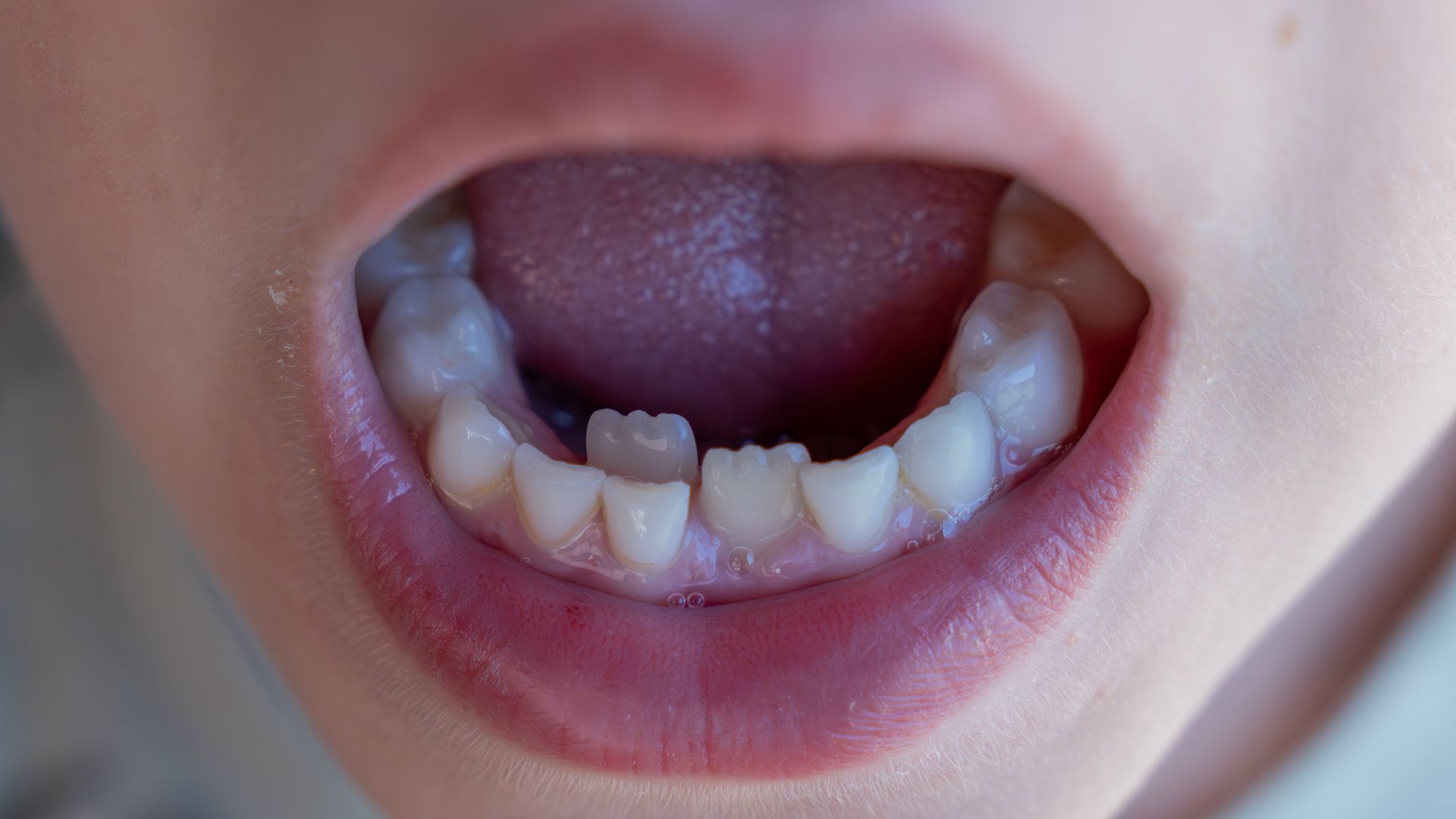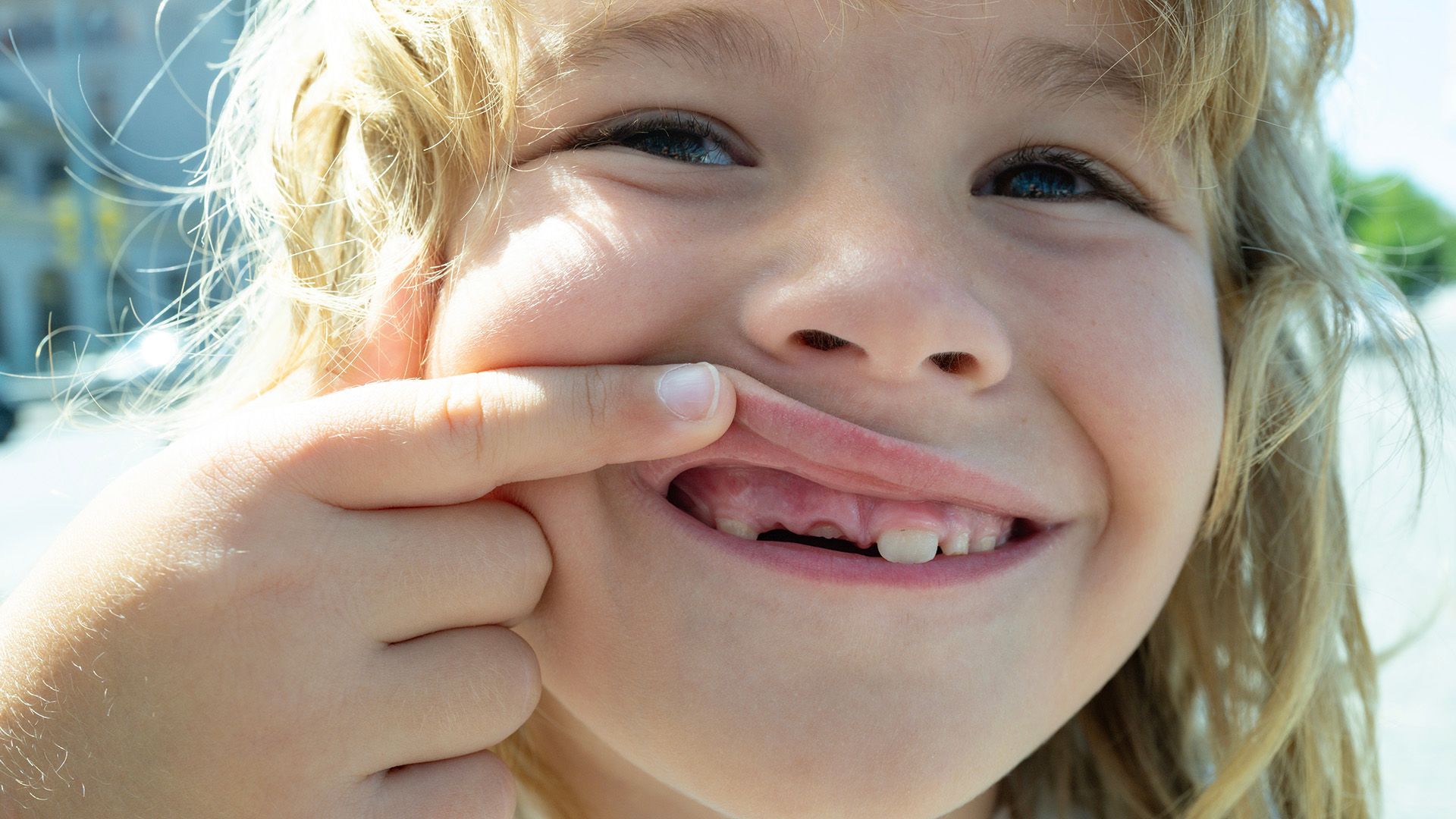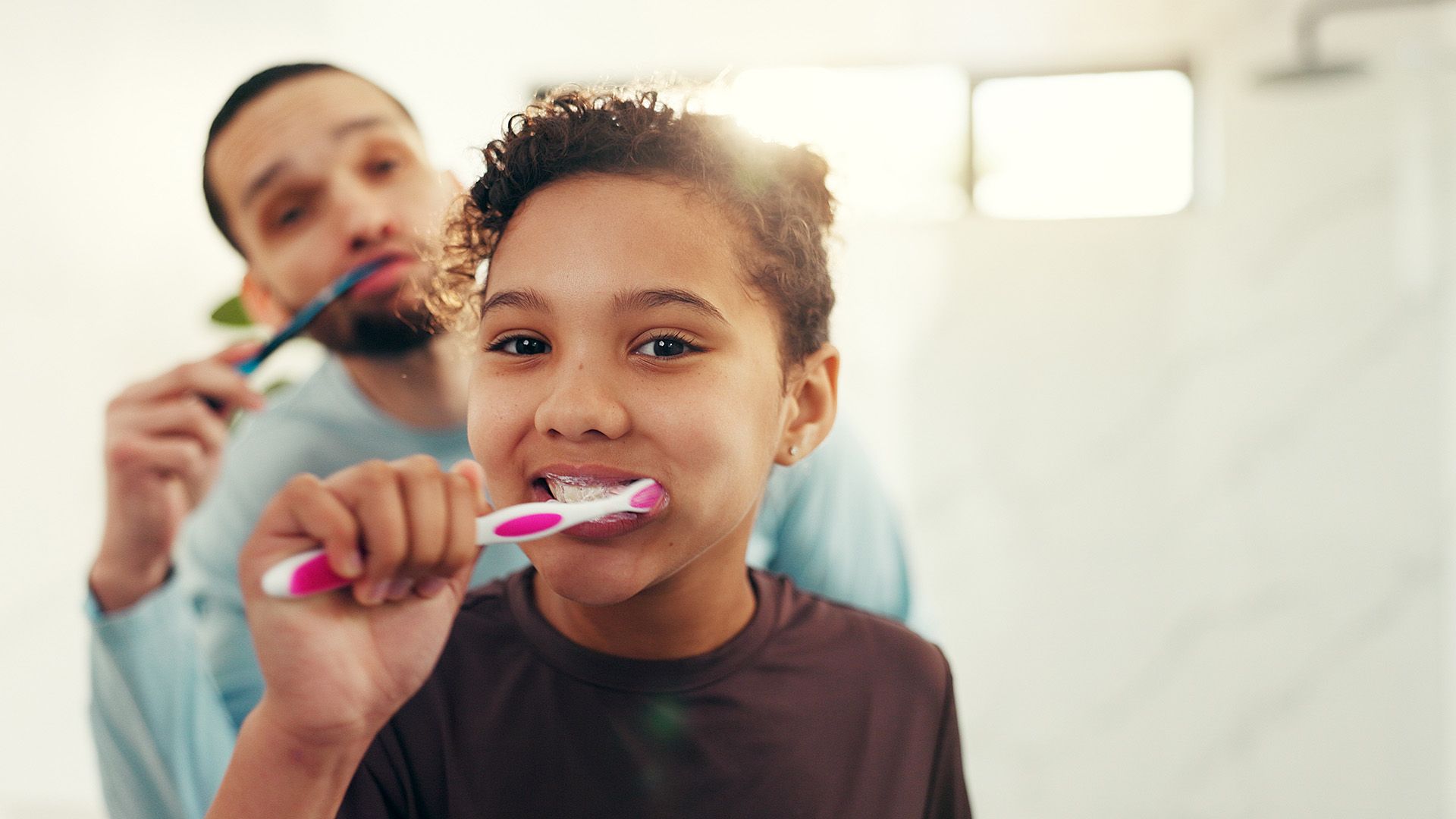Navigating Dental Care for Children with ADHD
Navigating dental care for children with ADHD involves unique challenges that require understanding and tailored approaches. ADHD can affect a child's attention span, impulse control, and anxiety levels, all of which can complicate dental visits and daily oral hygiene routines. This guide offers strategies to ease the dental care journey for your child, ensuring a positive experience that encourages lifelong oral health practices.

Understanding ADHD and Its Impact on Dental Health
Attention Deficit Hyperactivity Disorder (ADHD) is a neurodevelopmental condition that affects focus, impulse control, and activity regulation. Children with ADHD often face difficulties in maintaining consistent routines, which impacts their ability to adhere to regular brushing and flossing. Impulsivity can lead to rushed or neglected dental care, increasing the risk of plaque buildup and cavities. Additionally, their hyperactivity may make sitting still during dental appointments challenging, complicating their access to necessary care.
Consequently, children with ADHD are often at a higher risk for dental issues such as tooth decay and gum disease. These problems can stem from inconsistent oral hygiene and impulsive dietary choices. ADHD and teeth grinding are common concerns, as stress and hyperactivity can exacerbate grinding, leading to wear and tear on teeth. Parents and caregivers play a crucial role in establishing effective dental routines by creating a supportive environment and employing strategies specifically designed for children with ADHD.
Risk Factors for Dental Problems in ADHD Children
Navigating dental care for children with ADHD requires understanding the risk factors that make them susceptible to dental problems like cavities and gum disease. Their impulsivity and inattention can lead to irregular brushing and flossing habits, which, if unchecked, may result in significant dental issues. Dietary habits and medications also influence oral health. Many children with ADHD prefer sugary snacks and drinks, which contribute to tooth decay, while certain ADHD medications may cause dry mouth, further exacerbating dental problems. ADHD and teeth grinding can also be problematic, as grinding can damage teeth over time.
The challenges of routine dental care should not be underestimated. Anxiety or discomfort in dental settings can lead to infrequent visits or even avoidance, resulting in untreated dental issues. Therefore, establishing a positive dental experience is essential. Parents should collaborate with dental professionals experienced in caring for children with ADHD to ensure comprehensive dental care.
Effective Strategies for Dental Management
Creating a structured dental care routine at home is vital for navigating dental care for children with ADHD. Consistency is key; establish a fixed schedule for brushing and flossing, and use visual aids like charts or stickers to make the routine engaging. Incorporating favorite characters or music can help maintain your child's interest.
Dental visits can be a source of anxiety for children with ADHD. Behavioral techniques can help alleviate stress. Role-playing the dental visit at home can familiarize your child with what to expect. Employ positive reinforcement by praising good behavior and providing comfort items like a favorite toy or blanket. Discussing the visit calmly and highlighting positive aspects, such as choosing a new toothbrush, can also reduce fears.
Regular dental check-ups are crucial for children with ADHD, who may struggle with oral hygiene maintenance on their own. Schedule visits every six months to detect potential issues early. Preventive measures, such as fluoride treatments and sealants, are important for protecting your child’s teeth. Prioritizing these check-ups reinforces the importance of dental care and helps establish a routine that benefits their overall oral health.
Preparing Your Child for a Dental Appointment
Navigating dental care for children with ADHD includes preparing them for dental appointments. Talking to your child about the dentist can create a positive outlook on their visit. Use simple, reassuring language to explain the appointment process, emphasizing the dentist’s role in keeping their teeth healthy. For example, describe the dentist as a superhero for their teeth, which can make the visit seem exciting rather than intimidating.
Creating a calming environment before the visit is essential. Play soothing music or engage in relaxing activities, like reading a favorite book, to ease pre-visit jitters. Visual aids, such as pictures of the dental office or a video of a dental check-up, can help your child become familiar with the setting. Encourage them to express any concerns, and acknowledge their feelings to help them feel understood and supported.
During the
dental appointment, expect a child-friendly atmosphere. The dental team will typically provide a gentle introduction to make your child comfortable, using kid-friendly language and tools. Routine procedures will be explained in simple terms to help your child understand. Remind your child they can ask questions if they feel uncertain. These steps can help ensure a positive experience, fostering a sense of confidence and comfort at the dentist’s office.









